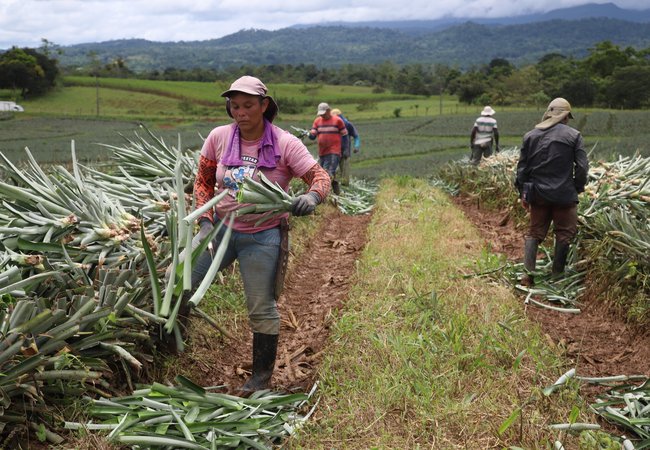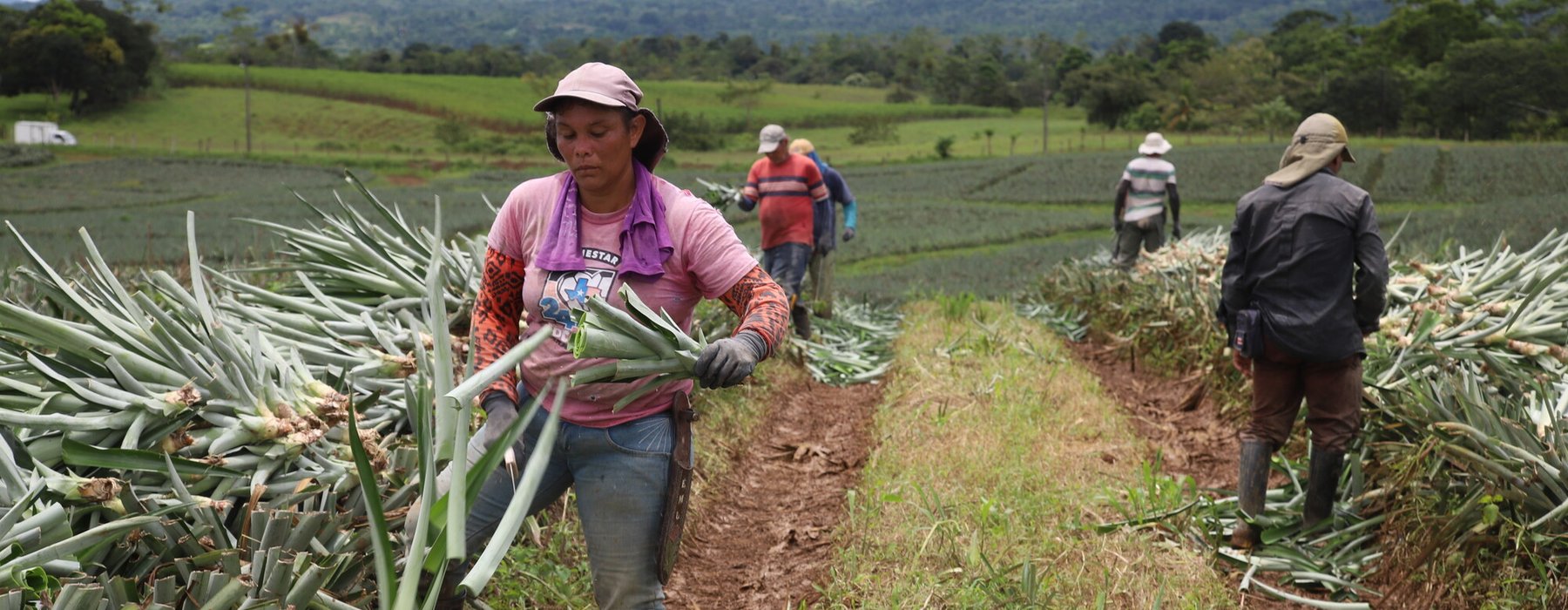Making sure workers are heard: effective grievance mechanisms
Consumer Goods company Reckitt recognised the importance of ensuring their workers could access effective grievance mechanisms, as part of their obligations under the UN Guiding Principles for Responsible Business. But they needed help working out how to set these up in practice and knowing which mechanism would be the best one for workers and communities.
Solution: developing a practical toolkit
“The team at Oxfam really understood what our suppliers needed and had practical ideas to help overcome challenges and shift their thinking. It’s been brilliant to see so many people download the toolkit to use themselves.”
Max Levy, Head of Responsible Supply Chain, Reckitt.



